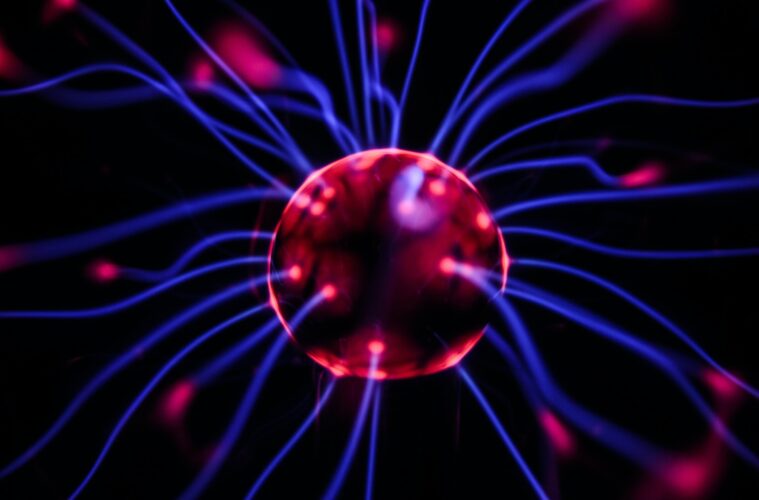Attention Deficit Hyperactivity Disorder (ADHD) is a neurodevelopmental disorder that affects millions of people worldwide. ADHD is characterised by symptoms of inattention, hyperactivity, and impulsivity, which can lead to difficulties in daily life, including work, school, and social interactions. While ADHD can be challenging, with the right strategies and support, individuals with ADHD can learn to manage their symptoms and thrive in their personal and professional lives.
In this article, we will discuss the causes and symptoms of ADHD, as well as strategies for coping with and thriving with ADHD.
Causes of ADHD:
The causes of ADHD are not fully understood, but research suggests that genetics and environmental factors both play a role. Some studies have found that people with ADHD have differences in the structure and function of their brain, including differences in the levels of certain neurotransmitters, such as dopamine and norepinephrine, which are responsible for regulating attention and behaviour.
Environmental factors that may contribute to the development of ADHD include prenatal and early childhood exposure to toxins, such as lead, alcohol, and tobacco, as well as premature birth, low birth weight, and maternal stress during pregnancy.
Symptoms of ADHD:
The symptoms of ADHD are generally categorised into two types: inattentive symptoms and hyperactive-impulsive symptoms.
Inattentive symptoms may include:
– Difficulty paying attention to details or making careless mistakes
– Trouble staying focused on tasks or activities
– Being easily distracted by external stimuli
– Difficulty following instructions or completing tasks
– Forgetfulness in daily activities
Hyperactive-impulsive symptoms may include:
– Fidgeting or squirming in one’s seat
– Difficulty remaining seated or still
– Excessive talking or interrupting others
– Impulsivity, such as acting without thinking or taking risks
– Difficulty waiting one’s turn or delaying gratification
While everyone may experience some of these symptoms from time to time, in order to be diagnosed with ADHD, the symptoms must be persistent, pervasive, and significantly impair daily functioning.
Coping Strategies for ADHD:
While there is no cure for ADHD, there are many strategies that can help individuals with ADHD manage their symptoms and improve their quality of life. Some strategies include:
1. Medication: Medications such as stimulants or non-stimulants can help improve focus, attention, and impulse control in individuals with ADHD. It is important to work with a doctor to find the right medication and dosage, as well as to monitor for side effects.
2. Therapy: Therapy can help individuals with ADHD develop coping strategies, such as organisational skills, time management, and stress reduction techniques. Cognitive-behavioural therapy (CBT) and mindfulness-based approaches have been found to be particularly effective for individuals with ADHD.
3. Exercise: Regular exercise can help reduce symptoms of ADHD, as it releases endorphins and other neurotransmitters that promote focus and relaxation. Exercise can also improve mood and sleep, which are important for overall health.
4. Diet: A balanced diet that includes protein, complex carbohydrates, and healthy fats can help regulate mood and energy levels, which can reduce symptoms of ADHD. Additionally, avoiding processed foods, sugar, and caffeine can help prevent overstimulation and hyperactivity.
5. Support groups: Joining a support group or seeking out a community of individuals with ADHD can provide a sense of understanding and connection, as well as access to resources and coping strategies.
Thriving with ADHD:
While coping strategies can help individuals with ADHD manage their symptoms, it is also important to recognise the strengths and positive qualities associated with ADHD. Some strengths of individuals with ADHD may include:
– Creativity and innovation
– Spontaneous and adventurous spirit
– Ability to hyperfocus on tasks of interest
– High energy and enthusiasm
– Quick problem-solving skills
By embracing these strengths and finding ways to channel them into positive outlets, individuals with ADHD can thrive in their personal and professional lives. Here are some tips for thriving with ADHD:
1. Find your passion: Individuals with ADHD often have a natural inclination towards creativity and innovation. By finding a hobby or career that allows for these qualities to shine, individuals with ADHD can find fulfilment and success.
2. Use your hyperfocus to your advantage: While difficulty with sustained attention is a hallmark symptom of ADHD, individuals with ADHD may also experience periods of hyperfocus on tasks of interest. By identifying tasks or projects that capture their attention, individuals with ADHD can use this hyperfocus to their advantage and accomplish great things.
3. Create structure and routines: While individuals with ADHD may struggle with organisation and time management, creating structure and routines can help manage symptoms and increase productivity. Setting a schedule for daily tasks and prioritising important activities can help individuals with ADHD stay on track.
4. Practice mindfulness: Mindfulness practices, such as meditation and deep breathing, can help individuals with ADHD manage stress, improve focus, and regulate emotions. By incorporating mindfulness practices into their daily routine, individuals with ADHD can cultivate a sense of calm and balance.
Attention Deficit Hyperactivity Disorder | Living with ADHD Summary
In conclusion, living with ADHD can be challenging, but with the right strategies and support, individuals with ADHD can learn to manage their symptoms and thrive in their personal and professional lives. By embracing their strengths, finding ways to channel their energy, and incorporating coping strategies into their daily routine, individuals with ADHD can lead fulfilling and successful lives.





